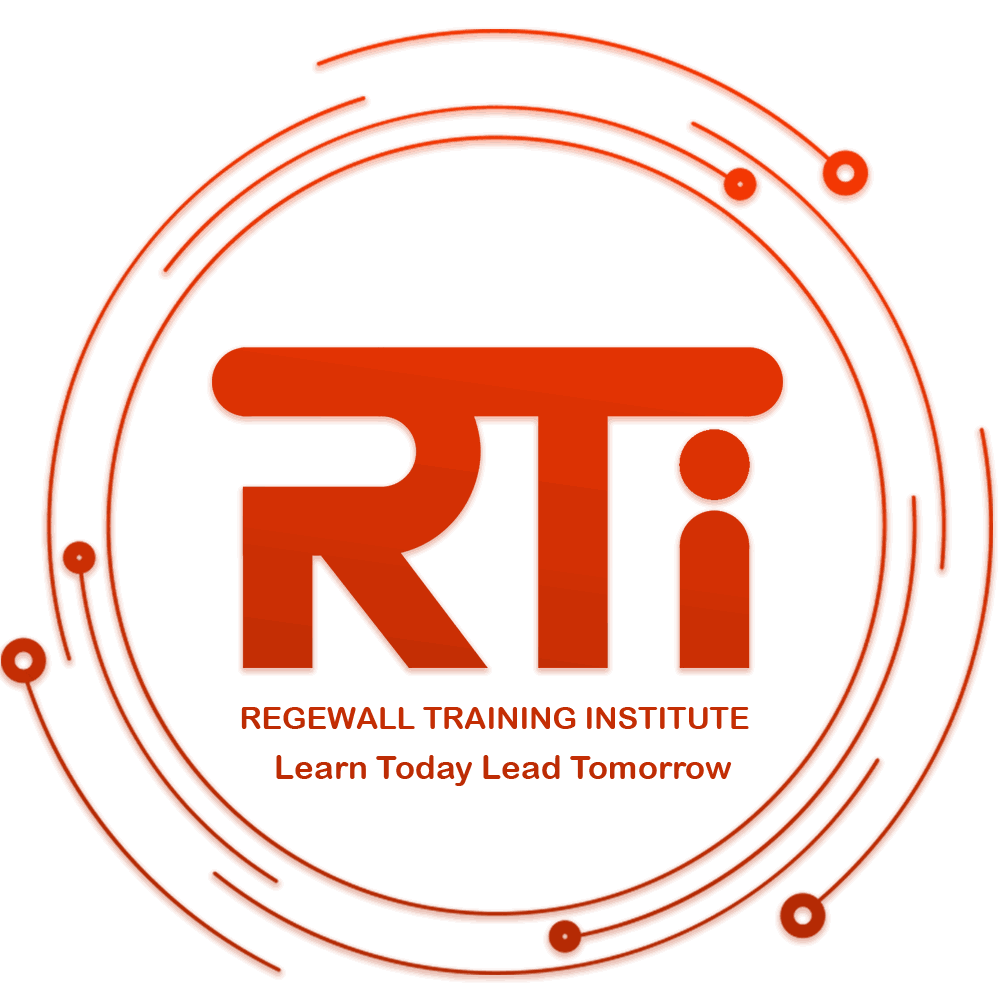Emerging Technologies and Regulatory Policy Making

About Course
At Regewall Training Institute, we pride ourselves on setting an international standard of excellence and innovation. This program, “Emerging Technologies and Regulatory Policy Making,” is designed to equip professionals with the foresight and expertise needed to navigate the complex intersection of rapid technological advancement and effective governance. We adopt a consultative approach to identify critical skills and gaps in this evolving landscape, delivering tailored programs that empower institutions to shape the future.
Course Title
Emerging Technologies and Regulatory Policy Making
Course Description
In an era defined by unprecedented technological change, the ability to craft agile and effective regulatory policies is paramount. This comprehensive course delves into the latest emerging technologies, including Artificial Intelligence, Blockchain, Quantum Computing, and Biotechnology, and explores their profound implications for governance, law, and society. Participants will gain a deep understanding of challenges and opportunities in these innovations present, learning to develop forward-thinking regulatory frameworks that foster innovation while safeguarding public interest. Drawing on the Regewall Institute’s Learning Journey Framework, this program is a customized learning solution for professionals seeking to lead in this dynamic field.
Target Audience
This course is ideal for policymakers, legal professionals, government officials, compliance officers, technology strategists, business leaders, and anyone involved in the development, implementation, or oversight of technology and regulation across various sectors, including financial institutions, power and utilities, government, and manufacturing.
Learning Objectives
Upon successful completion of this course, participants will be able to:
- Identify and analyze key emerging technologies and their potential societal and economic impacts.
- Understand the fundamental principles and challenges of regulatory policy-making in a rapidly evolving technological landscape.
- Evaluate existing regulatory frameworks and identify areas for adaptation or reform.
- Develop strategies for proactive and adaptive governance of new technologies.
- Assess ethical, legal, and social implications of emerging technologies.
- Formulate evidence-based policy recommendations for responsible innovation.
- Engage effectively with stakeholders across technology, government, and civil society.
Course Modules
Module 1: Foundations of Emerging Technologies and Regulatory Governance
- Defining Emerging Technologies: Trends, Drivers, and Disruptions
- The Pace of Innovation vs. The Pace of Regulation
- Principles of Good Governance in the Digital Age
- Introduction to Regulatory Theories and Approaches (e.g., principles-based, risk-based, sandbox)
- Global Regulatory Landscape: International Cooperation and Divergence
Module 2: Artificial Intelligence (AI) and Machine Learning (ML) Policy
- Understanding AI/ML: Capabilities, Limitations, and Applications
- Ethical AI: Bias, Transparency, Accountability, and Fairness
- Data Governance and Privacy in AI Systems (e.g., GDPR, POPIA implications)
- Liability and Responsibility in Autonomous Systems
- Sector-Specific AI Regulations (e.g., finance, healthcare, transportation)
Module 3: Blockchain, Distributed Ledger Technologies (DLT), and Digital Assets
- Fundamentals of Blockchain and DLT
- Cryptocurrencies, NFTs, and Central Bank Digital Currencies (CBDCs)
- Regulatory Challenges: Decentralization, Anonymity, and Cross-Border Transactions
- Combating Illicit Finance (AML/CFT) in the Digital Asset Space
- Smart Contracts and Legal Enforceability
Module 4: Quantum Technologies and Advanced Computing
- Introduction to Quantum Computing, Quantum Cryptography, and Quantum Sensing
- Implications for Cybersecurity and Data Security
- Regulatory Preparedness for Quantum Supremacy
- Policy Considerations for Research and Development in Quantum Technologies
Module 5: Biotechnology, Gene Editing, and HealthTech
- Overview of CRISPR, Synthetic Biology, and Personalized Medicine
- Ethical Dilemmas in Genetic Engineering
- Regulatory Oversight of Clinical Trials and Medical Devices
- Data Privacy and Security in HealthTech
- Biosecurity and Dual-Use Research Concerns
Module 6: Space Technologies and Geopolitics
- The New Space Economy: Satellites, Space Tourism, and Resource Extraction
- Orbital Debris and Space Traffic Management
- International Space Law and Treaties
- Regulation of Commercial Space Activities
Module 7: Cross-Cutting Regulatory Challenges and Future-Proofing Policy
- Cybersecurity and Critical Infrastructure Protection in the Age of Emerging Tech
- Interoperability, Standards, and Digital Infrastructure
- Regulatory Sandboxes, Innovation Hubs, and Agile Governance Models
- Public-Private Partnerships in Policy Development
- Anticipatory Regulation and Horizon Scanning
- Developing a National Strategy for Emerging Technologies and Regulation
Assessment Methods
- Case Study Analysis and Presentations
- Policy Briefs and Recommendations
- Group Projects on Specific Regulatory Challenges
- Final Capstone Project: Designing a Regulatory Framework for a Novel Technology
This program embodies the Regewall Training Institute’s commitment to delivering professional short courses that are not just informative but transformative, preparing you to lead with confidence in the dynamic world of emerging technologies and regulatory policy.

